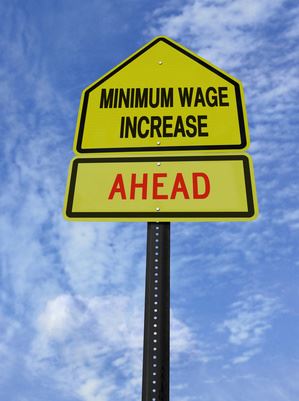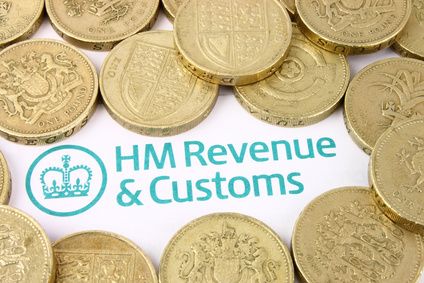 With the changes to the National Living Wage and National Minimum Wage just around the corner HMRC have published the top ten ways an employer may not be paying the minimum wage even though they think they are.
With the changes to the National Living Wage and National Minimum Wage just around the corner HMRC have published the top ten ways an employer may not be paying the minimum wage even though they think they are.
Here are the top ten common mistakes employers make:
1. Failure to apply the increase from 1 April each year.
2. Failure to increase an employee's rate to the new minimum wage for their age when they turn 18, 21 or 25.
3. Paying the apprentice rate to an employee who is not an apprentice. Apprentices must have an apprenticeship contract and have a structured training plan.
4.Continuing to pay the apprentice rate for too long. The apprentice rate only applies to apprentices under the age of 19 and for the first year only for apprentices over the age of 19.
5. Making deductions from wages for items that are considered part of the job - protective clothing, uniform, tools, etc.
6. Making wage deductions for items which could be considered to be for the employer's own use.
7. Charging an employee for accommodation at more than the stated offset accommodation rate. The rate changes each year.
8. Not paying for all time worked which would include work related travelling time, training or downtime.
9. Not paying for additional time a worker spends clearing security at the end of their working day.
10. Including additional payments such as tips which are not counted as part of the minimum wage.
There will be many other ways an employer may not be paying the minimum wage and not realise it.
You can calculate your employee's hourly rate by taking their annual salary and dividing it by 52.14 and then dividing by the number of hours per week they work. However before you complete this calculation you must take off any deductions which are made from their pay (excluding tax, NI and pension deductions). For example if they have to pay to rent their tools or their uniform this would be deducted from their pay before calculating the hourly rate.
You can find more detailed guidance on calculating the minimum wage here.
Once you have calculated the hourly rate for each of your employees you should compare this to the minimum wage to ensure you are paying the correct rate for their age.
 HMRC state on their website:
HMRC state on their website:
It is a criminal offence for employers to not pay someone the National Minimum Wage or National Living Wage, or to fake payment records.
There are groups of people who do not have to receive the minimum wage for their age - you can find out more about these groups here on the HMRC website.
HMRC have the right to carry out checks at any time and ask to see payment records. They can also investigate employers if an employee makes a complaint about their employer. Payment records must be retained for 3 years as proof of payment.
If the employer has made an error they will be expected to pay the arrears immediately along with a fine.
Our payroll team will always advise employers of the new Minimum Wage before it comes into effect each April so that they can plan for these additional costs. And they will notify employers if deductions from wages take an employee below the minimum wage in a particular pay period. One less thing for you to think about if you outsource your payroll.
